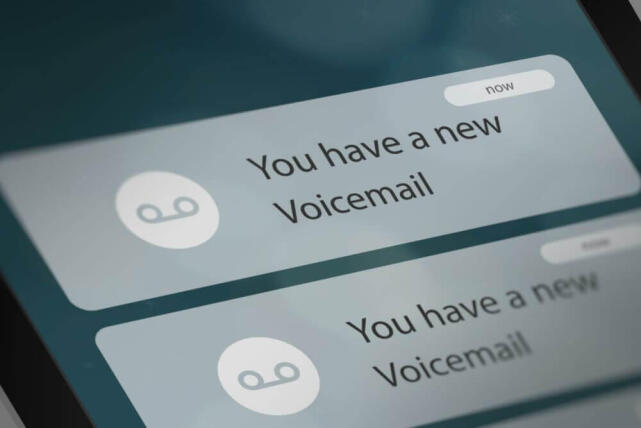In the world of sales, leaving voicemails can be a double-edged sword. On one hand, voicemails can be an effective way to communicate with potential customers and leave a lasting impression. On the other hand, leaving too many voicemails or leaving them poorly can be a waste of time and damage your credibility. So, the question is: should you leave voicemails or not?
There is no one-size-fits-all answer to this question, as it ultimately depends on the situation and the individual preferences of the potential customer. However, there are some guidelines you can follow to determine when leaving a voicemail is appropriate and how to leave an effective message.
When to Leave a Voicemail
- After a warm introduction: If you have had a warm introduction to the potential customer and they are expecting your call, leaving a voicemail can be a good way to reinforce your interest and provide additional information.
- When following up: If you have already had a conversation with the potential customer and they have expressed interest in your product or service, leaving a voicemail can be a polite way to follow up and provide more information.
- When introducing yourself: If you are reaching out to a potential customer for the first time, leaving a voicemail can be a good way to introduce yourself and explain why you are calling.
When Not to Leave a Voicemail:
- When cold calling: If you are calling a potential customer for the first time and have no prior connection, it may be best to not leave a voicemail. Instead, try calling back at a later time or sending an email to introduce yourself and you can reference the email on the voicemail.
- When leaving a generic message: If you are leaving a generic message that does not provide any value or context, it may be better to not leave a message at all.
- When calling too frequently: If you are calling a potential customer too frequently and leaving multiple voicemails, it may be best to pause your outreach and try a different approach.
Tips for Leaving an Effective Voicemail
If you do decide to leave a voicemail, here are some tips for making it effective:
- Keep it short: Keep your message concise and to the point. Most people do not have the patience or attention span to listen to a long voicemail.
- Be personable: Use a friendly and personable tone in your message. This can help build rapport and establish a connection.
- Provide value: Provide some sort of value or information in your message that will make the potential customer want to call you back.
- Follow up: End your message with a clear call to action and a request for a call back. Then, be sure to follow up with an email or another call if you do not receive a response.
In conclusion, whether or not to leave a voicemail in sales is a decision that should be made on a case-by-case basis. Use your best judgment and follow the above guidelines to determine when a voicemail is appropriate and how to leave an effective message.
As always, stay hungry, stay driven and keep growing.
Rob Yoho
Principle MP Solutions- For 25 years Rob has been driven by the passion he has to grow people and organizations. Rob has worked with hundreds of companies and is a sought-after speaker on sales, sales management, social media, strategy and goal setting. He brings his 18 years of Sandler Training experience to MP Solutions.




